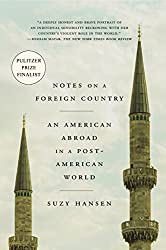Rating: 7.9/10. Summary Book about American’s involvement in the Middle East. The author is an American journalist who stationed in turkey, and discovered surprising things about how the locals viewed her country. For most of recent history (except for the 9/11 attacks), the relationships were one-sided: America intervention has always been a key part of…
Category: Topics
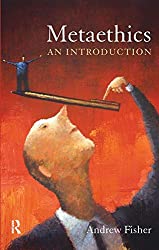
Metaethics: An Introduction by Andrew Fisher
Rating: 7.6/10. Summary Metaethics is a second-order philosophy: whereas normative ethics is the study of principles of what’s right and what’s wrong, metaethics studies what we’re doing when we talk about ethics. Are moral facts real, expressing a belief, or expressing an emotion? How do we know if a moral fact is true? The book…
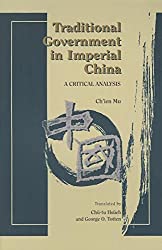
Traditional Government in Imperial China (中国历代政治得失) by Ch’ien Mu
Rating: 7.8/10. Book about how the government and its institutions functioned during several ancient Chinese regimes: the Han, Tang, Song, Ming, and Qing dynasties. The author Ch’ien Mu (钱穆) was born at the end of the Qing dynasty and is considered one of the greatest Chinese historian / philosophers of the 20th century; this book…

Digital Marketing Strategy by Simon Kingsnorth
Rating: 6.6/10. Book about various topics related to digital marketing, which is marketing any kind of business using digital resources, like ads, email, social media, etc. Topics include how to do SEO, content marketing, social media, personalization, customer retention, company branding, and an assortment of other things. This book is not very well-written, even though…
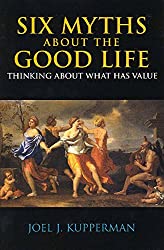
Six Myths About the Good Life by Joel J. Kupperman
Rating: 7.9/10. Summary Fairly short book by a philosophy professor asking “what makes a life good?” This is a fundamental question for ethics because any ethical theory must assume some kind of utility function (what is good for an individual) before it can consider what’s best for society as a whole. This book examines a…
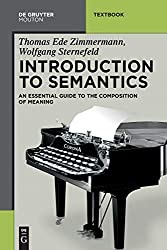
Introduction to Semantics by Zimmermann and Sternefeld
Rating: 8.5/10. This is an introductory textbook on compositional semantics, which uses higher order logic to represent meaning of words when combined together. This is different from lexical semantics, which is concerned with the meaning of individual words. Below are my notes. Ch1: Lexical Meaning Semantics deals with literal meaning, which excludes hidden / metaphorical…

Propaganda by Edward Bernays
Rating: 8.0/10. Summary Handbook on propaganda written by the “father of public relations” Edward Bernays in 1929. The word “propaganda” did not always have a negative connotation, it used to be neutral like “marketing” and only acquired its negative connotation after WW1. Bernays created a number of influential propaganda campaigns, and in fact, nearly all…
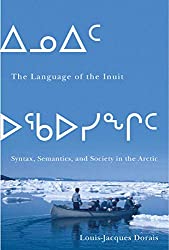
The Language of the Inuit by Louis-Jacques Dorais
Rating: 7.8/10. Academic book describing various aspects of the Inuit languages, spoken by about 110k aboriginals in Alaska, Northern Canada, and Greenland. The Inuit languages are part of the Eskimo-Aleut language family, whose homeland is around the Bering Strait. The Aleut (Unangax) language is the most divergent, followed by several Yupik languages in Siberia and…
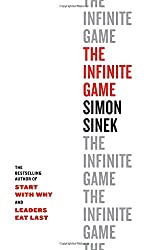
The Infinite Game by Simon Sinek
Rating: 6.0/10. Business book about how businesses should think more long-term. An infinite game is one with no endpoint, so there’s no such thing as winning, the objective is to keep on going. A business should have a “Just Cause” — a fundamental reason for existing, beyond growth or profit. Examples include a seed bank…
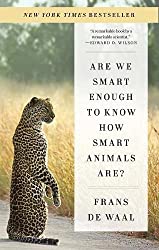
Are We Smart Enough to Know How Smart Animals Are? by Frans de Waal
Rating: 8.0/10. Book about animal cognition and methods to probe them. Recently, we are starting to learn that many animals are more intelligent than we thought, because the methodology to test their intelligence in the past was flawed. Instead of giving them artificial, one-size-fits-all tests, we should take into account each species’ individual “Umwelt” —…
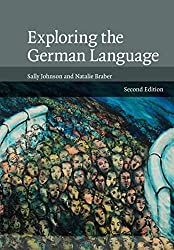
Exploring the German Language by Sally Johnson and Natalie Braber
Rating: 6.4/10. Not quite what I was expecting — I was looking for a linguistic overview of the German language, but this book is more like an intro linguistics textbook that uses examples from German. About 70% of the material is general linguistics knowledge (eg: explaining what’s a phoneme or morpheme or word class), only…
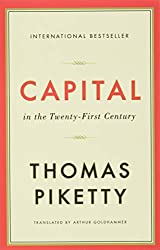
Capital in the Twenty-First Century by Thomas Piketty
Rating: 8.0/10. Summary The magnum opus of French economist Thomas Piketty, and quite a long one (~750 pages). Published in 2013, it uses historical data to study the distribution of wealth and income from 1700 until now, and models long-term trends in capital distribution and inequality. The central message is reminiscent of Marx’s Communist Manifesto:…
